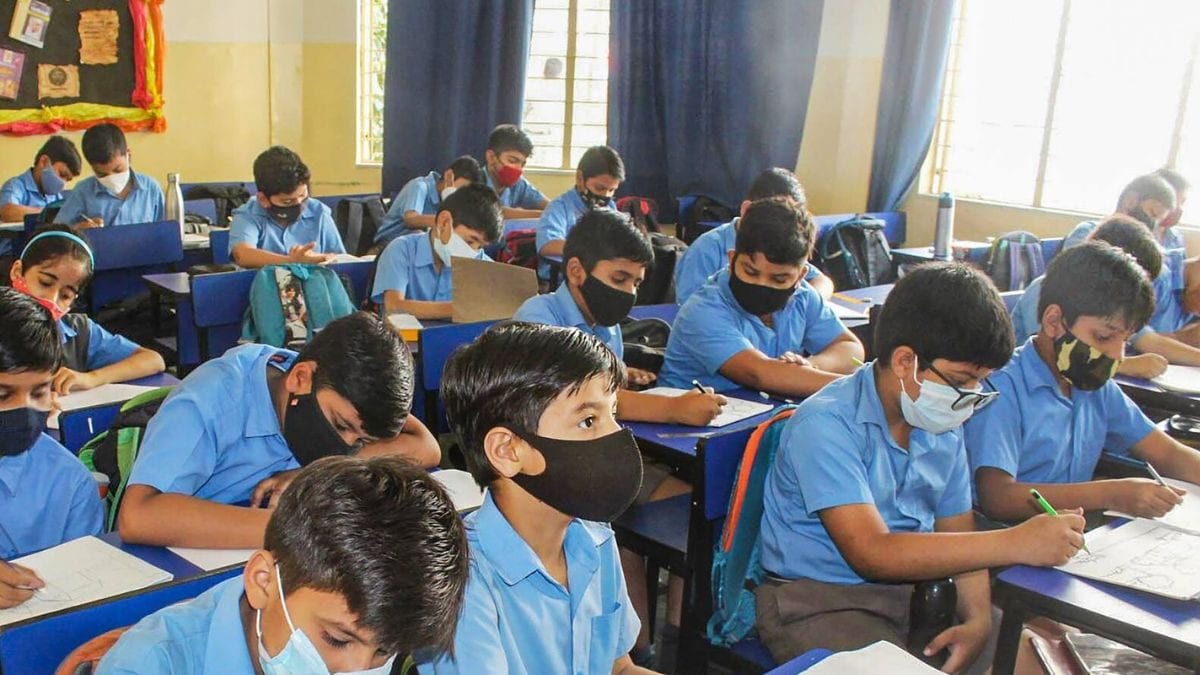“They Changed Madras to Chennai, Want to Make Kerala Keralam, Then What’s the Issue With Bharat”, Asks Prof CI Issac
A proposal to replace the term ‘India’ with ‘Bharat’ in school textbooks has ignited a heated debate in educational and political circles. Professor CI Issac, chairperson of the National Council of Educational Research and Training (NCERT) committee on social sciences, has put forth this recommendation, citing that ‘Bharat’ instills a sense of pride in children. However, opposition parties and some states, like Kerala, have raised objections to this proposal, emphasizing the need for a balanced and constitutionally sound approach to this issue.

Source: News18
The NCERT panel, chaired by Professor CI Issac, has recommended the universal replacement of ‘India’ with ‘Bharat’ in all school textbooks, particularly in the realm of social sciences. According to Issac, this change is motivated by the belief that the term ‘Bharat’ evokes a sense of national pride and connects children to India’s rich history and heritage. He pointed out that the name ‘India’ is relatively recent, dating back only about 150 years, while ‘Bharat’ has a history spanning at least 7,000 years.
While the proposal has garnered support from some quarters, it has faced opposition from various political and educational figures. Kerala Education Minister V Sivankutty has expressed the state’s rejection of the NCERT committee’s recommendations. Sivankutty argues that citizens have the right to use both ‘India’ and ‘Bharat’ as provided for in the Constitution. He raises concerns about the proposal being driven by narrow political interests and highlights the need to ensure that educational content aligns with constitutional principles.
Kerala, in response to the NCERT’s suggestions, has taken a firm stance, asserting that it will not adhere to the proposed changes. Sivankutty emphasizes that if the NCERT intends to introduce content that is unconstitutional, unscientific, or distorts real history through textbooks, Kerala is prepared to defend its position through academic debates. The state has previously included sections removed by the NCERT in its own syllabus, emphasizing the importance of an inclusive and comprehensive approach to education.

Source: News18
The debate surrounding the use of ‘Bharat’ and ‘India’ in school textbooks underscores a broader discussion on the balance between tradition and constitutional values. While proponents of ‘Bharat’ argue that it connects students to their rich cultural heritage, opponents stress the importance of respecting the pluralistic and diverse nature of the nation. The Indian Constitution allows both names to coexist, and any educational changes should align with this inclusive framework.
The recommendation to replace ‘India’ with ‘Bharat’ in school textbooks was put forward in 2021 by a seven-member committee led by Professor CI Issac. While the proposal has sparked debates, it remains to be seen how different states and educational institutions will respond to these suggestions. Achieving a balance between preserving cultural identity and respecting the constitutional values of a diverse nation is essential in shaping the educational landscape of India.



















































































